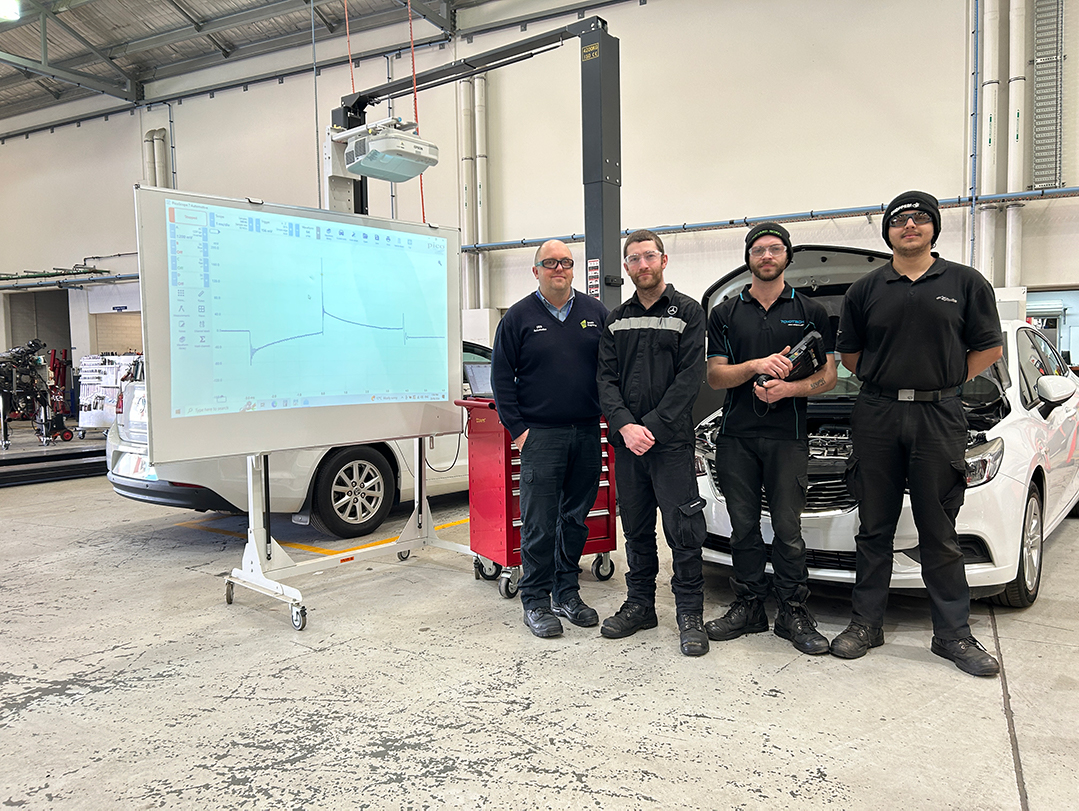
Automotive students at South Regional TAFE Bunbury are being trained for jobs of the future with the arrival of two new hybrid and electric vehicles (EV) with diagnostic test equipment.
Supported by the State's Government's $25 million Modern TAFE Equipment Program, the vehicles, located at the Bunbury campus' automotive centre, will train students in light automotive, heavy automotive and automotive electrics.
South Regional TAFE received $3 million through the program, including $280,619 for two new hybrid and three electric vehicles and diagnostic scan tools. The other three vehicles are located at South Regional TAFE's Albany campus.
WA TAFEs are expanding the number of EV and hybrid units to meet industry demand.
The Certificate III in Light Vehicle Mechanical Technology and Certificate III in Automotive Electrical Technology are part of the WA Government's Lower Fees, Local Skills initiative.
WA's clean energy investment pipeline is worth around $200 billion, and projections show the clean energy sector is expected to generate around 350,000 jobs from 2025 to 2050.
In June 2024, the Australian and WA Governments announced a joint $70.5 million investment over five years to establish Australia's first TAFE Clean Energy Skills National Centre of Excellence in WA.
Minister Assisting the Training and Workforce Development Minister Hannah Beazley said, "TAFE colleges throughout WA are benefitting from the Cook Government's investment that ensures students are training on new equipment that meets industry standards.
"A key focus of our record investment in TAFEs is preparing students for jobs of the future, including opportunities arising from the clean energy transition.
"The battery and critical minerals industries offer incredible opportunities for our State and modern TAFE facilities and equipment strengthens our capacity to train for the jobs of the future.
"Increasing the number of apprentice electricians, engineers, motor mechanics and mechanical fitters is vital in ensuring WA has the skills to reach net zero by 2050."



